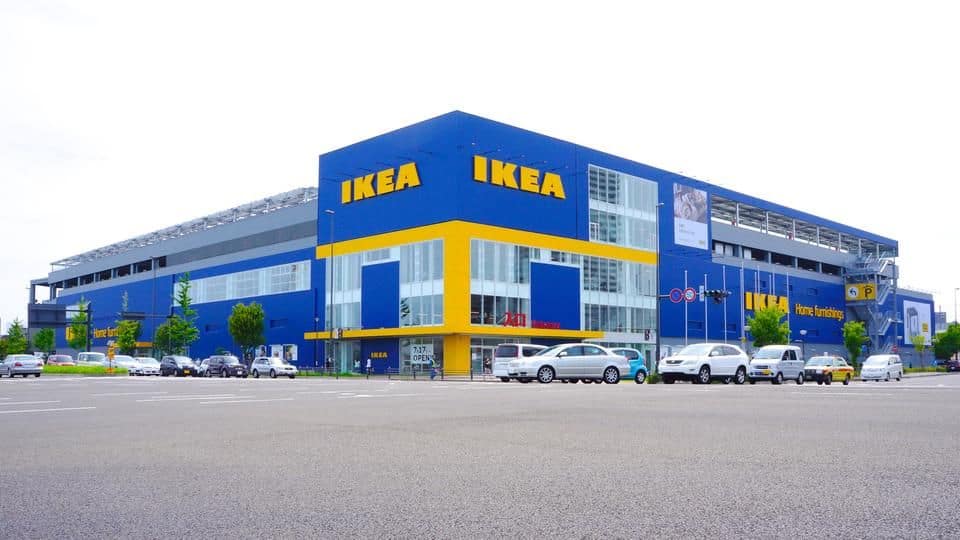
EU authorities investigating IKEA's tax affairs
What's the story
The European Commission is set to investigate Swedish multinational giant IKEA's corporate tax structure.
It will probe whether IKEA's tax affairs violate the EU's rules on state aid which prohibits member-states from favoring and awarding benefits to selective multinational firms.
The company's Dutch-based division Inter IKEA has allegedly received such unfair tax advantages from the government of the Netherlands.
Here's more about it.
IKEA
What is IKEA?
Founded in 1943 by Swedish national Ingvar Kamprad, IKEA is a multinational company, and the world's largest furniture retailer, which sells ready-to-assemble furniture.
It has 375 stores worldwide and employs over 172,000 people.
In 2015, 882 million people visited IKEA stores worldwide.
The company earned a revenue of $37.7 billion, an increase of over $4 billion from $33.5 billion in 2014.
Details
What is the investigation looking into?
The investigation is taking place under the EU Competition Commission's crackdown on tax deals between EU member-states and MNCs.
The inquiry will look into two agreements signed between the Netherlands and Inter IKEA in 2006 and 2011 respectively.
These agreements purportedly brought about a "significant reduction" in the firm's taxable profits in the Netherlands through shifting taxable revenue low-tax regions.
Information
Netherlands, IKEA respond to the development
An IKEA spokesperson said that in the group's view it had been "taxed in accordance with EU rules." "It is good if the investigation can bring clarity and confirm that," he added. A Dutch EU official stated that the Netherlands fully supports the commission's investigation.
Analysis
What is EU trying to achieve with the investigation?
The investigation is part of the EU's bid to ensure fair competitive practices within the single market.
It's worried that member-states favoring MNCs such as IKEA puts smaller firms at a disadvantage.
It's already gone after Apple, Amazon and McDonald's. Apple alone has reportedly accrued benefits worth-£11.5bn.
The EU is likely to crack down on more MNCs to uproot these practices.